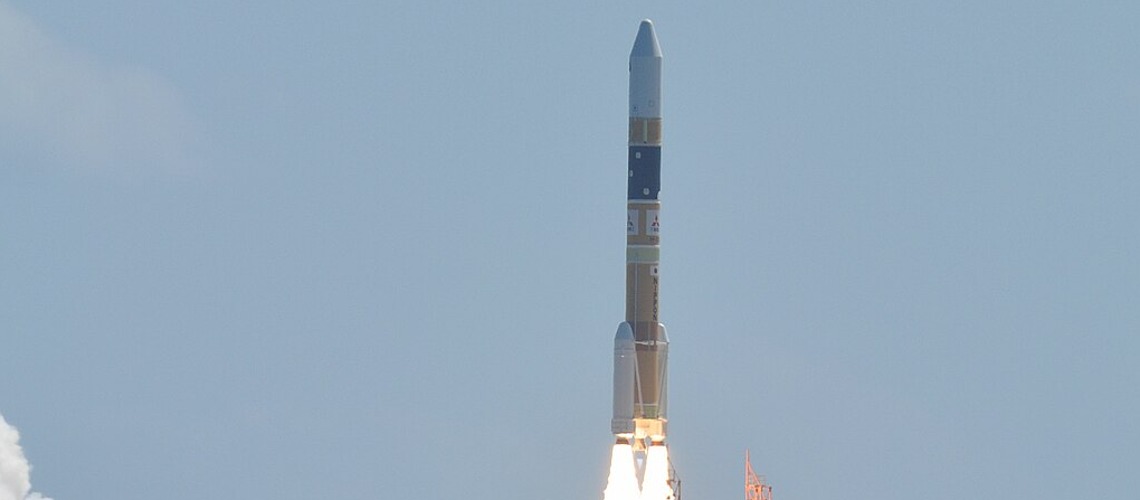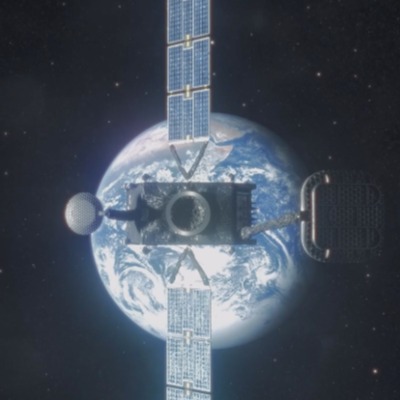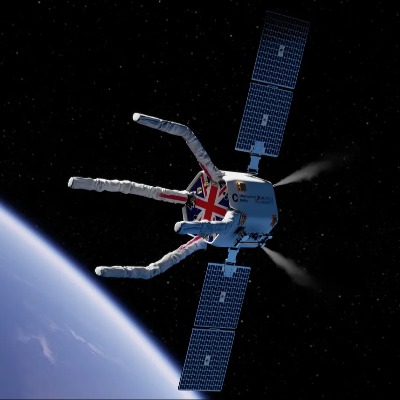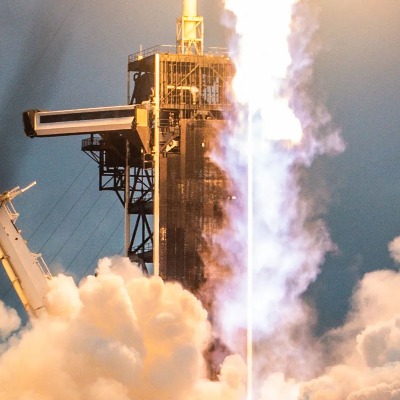Japan Eyes Skies: Mitsubishi Heavy Launches Secretive Spy Satellite Aboard H-IIA Rocket

In a cloaked mission shrouded in secrecy, Mitsubishi Heavy Industries successfully launched an H-IIA rocket, carrying the Japanese government's latest classified satellite, dubbed "Information Gathering Satellite Optical-8" (IGS Optical-8). The launch, shrouded in a veil of national security concerns, took place at the Tanegashima Space Center after a slight delay due to weather conditions.
The rocket, a towering 53 meters tall and carrying a 5.2-ton payload, roared to life at 1:44 p.m. local time, illuminating the night sky with a fiery spectacle before disappearing into the darkness. While the government released footage of the launch, details about the IGS Optical-8 and its capabilities remain tightly under wraps.
"The launch was a success," declared a terse statement from the Japanese Ministry of Defense, offering no specifics about the satellite's mission or target orbit. This secrecy is standard practice for such intelligence-gathering projects, fueling speculation and intrigue among space enthusiasts and international observers.
Analysts believe the IGS Optical-8, likely equipped with high-resolution optical and infrared cameras, could be used for various purposes, including:
- Military surveillance: Monitoring regional activities, particularly focusing on neighboring North Korea and China's increasing military presence in the region.
- Intelligence gathering: Collecting strategic data on foreign military deployments, infrastructure, and potential threats.
- Disaster management: Assisting in early warning and damage assessment for natural disasters like earthquakes and tsunamis.
- However, the lack of transparency raises concerns about accountability and potential misuse. Critics argue that such secretive surveillance missions could exacerbate regional tensions and contribute to an arms race in space.
"This lack of transparency about the satellite's capabilities is worrying," said Yuki Kimura, a Japanese security analyst. "The Japanese government must be more open about its space program and ensure that it's used for peaceful purposes only."
Meanwhile, the successful launch marks another milestone for Japan's space program, showcasing its growing capabilities in rocket technology and satellite development. With a string of successful launches in recent years, Japan aims to further establish itself as a major player in the global space industry.
Whether the IGS Optical-8 serves as a tool for national security or fuels concerns about regional tensions, one thing is certain: its shrouded mission further highlights the growing importance of space in the 21st century, a stage where both peaceful exploration and strategic ambition play increasingly key roles.




